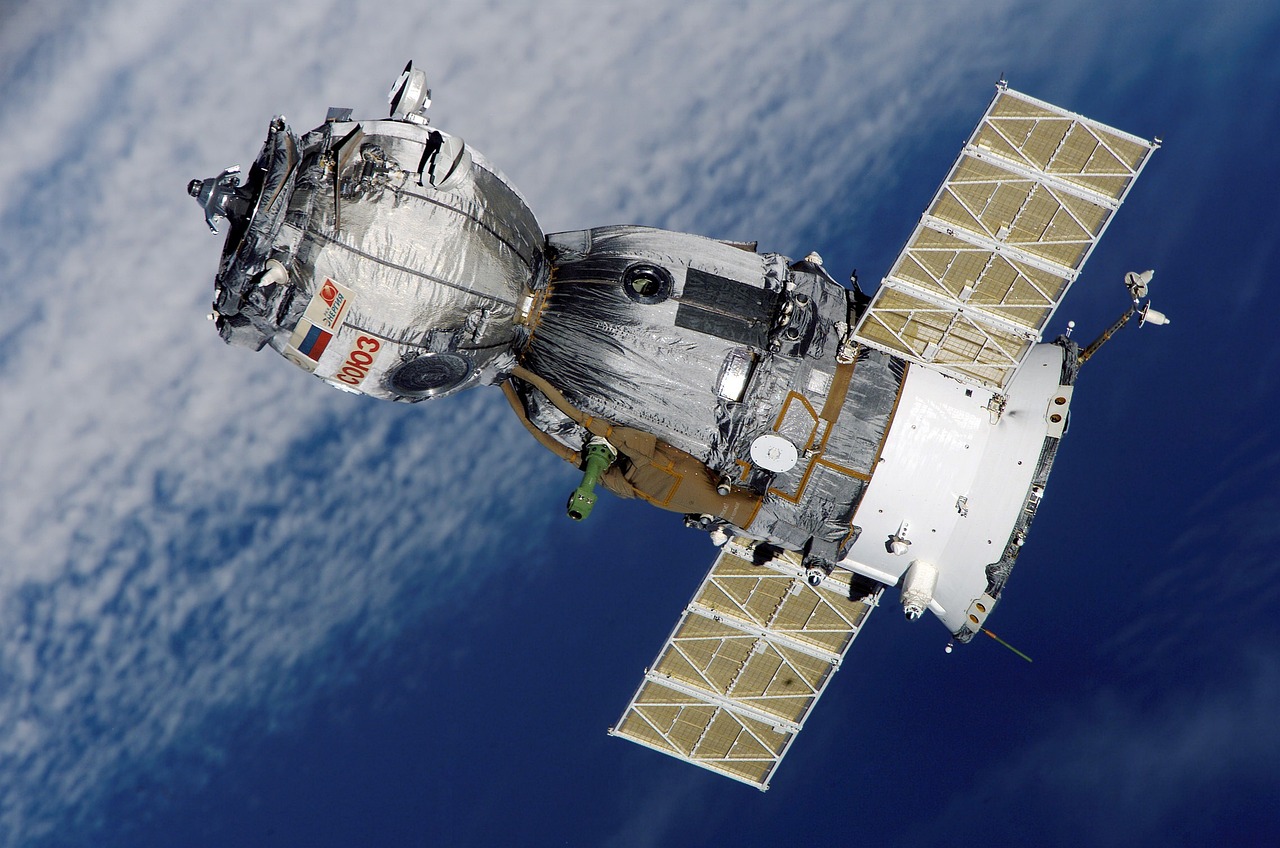Title: The Evolving Landscape of Space Law
In an era where commercial space travel is becoming a reality and nations are racing to establish lunar bases, the field of space law is undergoing rapid transformation. This niche area of international law, once primarily concerned with satellite regulations and space debris, now grapples with complex issues such as asteroid mining rights, space tourism liability, and extraterrestrial property claims. As humanity ventures further into the cosmos, legal experts and policymakers face the challenge of adapting centuries-old terrestrial laws to the final frontier.

Key Principles of the Outer Space Treaty
The Outer Space Treaty established fundamental principles that continue to guide space activities today. It declares that space exploration should benefit all humanity and prohibits any nation from claiming sovereignty over celestial bodies. The treaty also bans the placement of weapons of mass destruction in orbit and establishes that states are responsible for national space activities, including those conducted by private entities.
Challenges in Modern Space Law
As space activities have evolved, new legal challenges have emerged. The rise of private space companies has raised questions about the application of existing treaties to non-governmental entities. Issues such as space debris mitigation, satellite constellation management, and the exploitation of space resources require new legal frameworks and international cooperation.
Space Resource Exploitation
One of the most contentious areas in current space law debates is the right to extract and utilize space resources. The U.S. Space Act of 2015 grants American companies the right to own and sell space resources they extract, a move that has been controversial in the international community. This has sparked discussions about the need for a new international framework to govern space mining activities and ensure equitable access to space resources.
Space Traffic Management
As the number of satellites in orbit continues to grow exponentially, the need for effective space traffic management has become critical. Current international law lacks comprehensive regulations for coordinating orbital slots and managing collision risks. Efforts are underway to develop new legal mechanisms and technical standards to ensure the safe and sustainable use of Earth’s orbital space.
Liability in Space Tourism
The emergence of commercial space tourism introduces novel legal questions regarding passenger safety and liability. While the Liability Convention of 1972 addresses damage caused by space objects, it does not specifically cover injuries to space tourists. Legal experts are working to develop appropriate frameworks that balance the promotion of the space tourism industry with adequate protections for participants.
Extraterrestrial Settlements and Governance
As plans for lunar bases and Mars colonies advance, questions arise about governance structures for extraterrestrial settlements. The Outer Space Treaty’s non-appropriation principle presents challenges for establishing property rights and local governance on other celestial bodies. Legal scholars are exploring concepts such as functional sovereignty and international space zones to address these governance gaps.
The Role of International Cooperation
The future of space law will require unprecedented levels of international cooperation. As more nations and private entities become spacefaring, the need for harmonized regulations and dispute resolution mechanisms grows. Initiatives like The Hague International Space Resources Governance Working Group are working to develop shared principles for space resource utilization.
Adapting Earth-based Laws to Space
Many terrestrial legal concepts will need to be reimagined for the space environment. Issues such as criminal jurisdiction, intellectual property rights, and environmental protection take on new dimensions in space. Legal experts are exploring how to adapt existing legal frameworks to the unique challenges of space activities while ensuring consistency with international space law principles.
In conclusion, space law stands at a critical juncture as humanity expands its presence beyond Earth. The legal community faces the monumental task of developing comprehensive, flexible, and enforceable regulations that can keep pace with rapid technological advancements and changing geopolitical dynamics. As we venture further into the cosmos, the evolution of space law will play a crucial role in shaping the future of human activities in space and ensuring that the benefits of space exploration are shared by all of humanity.






